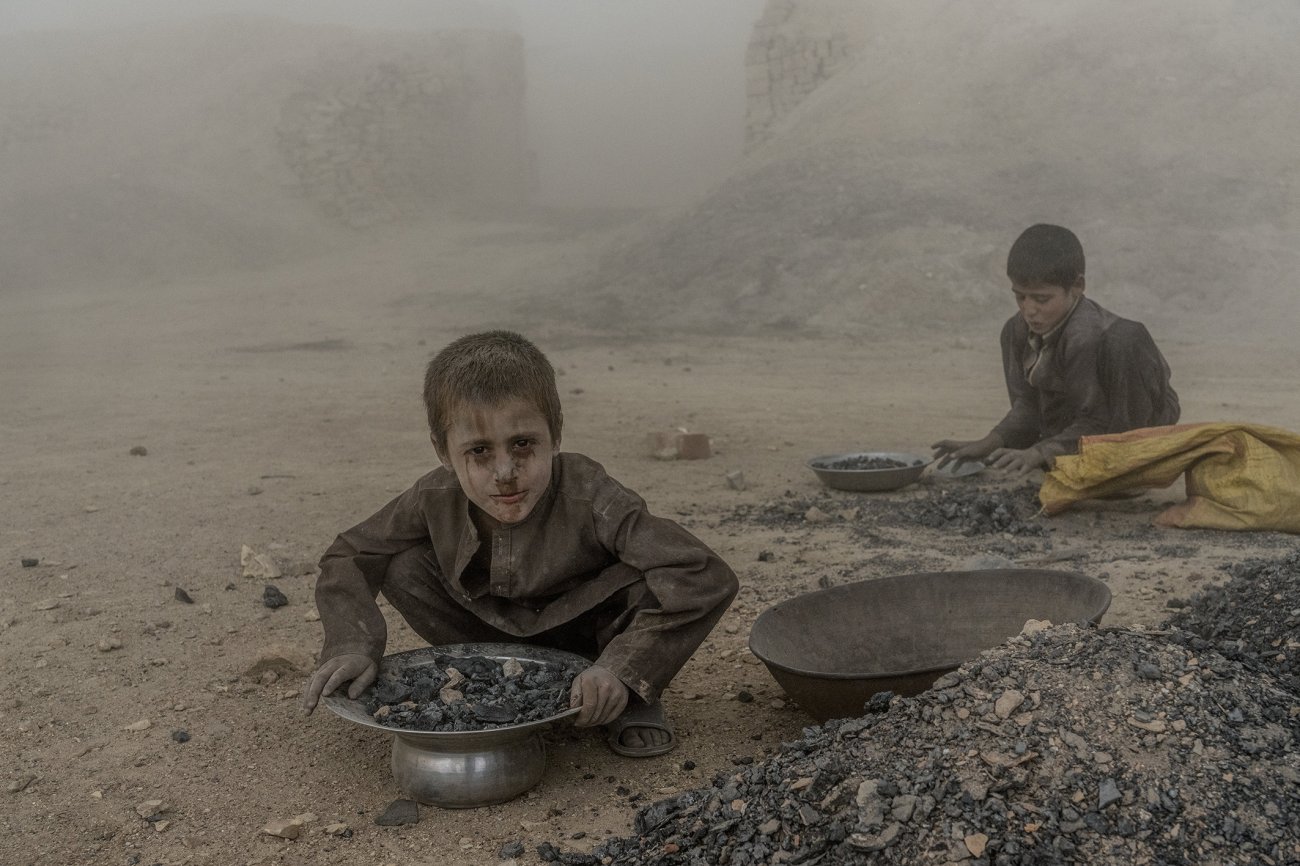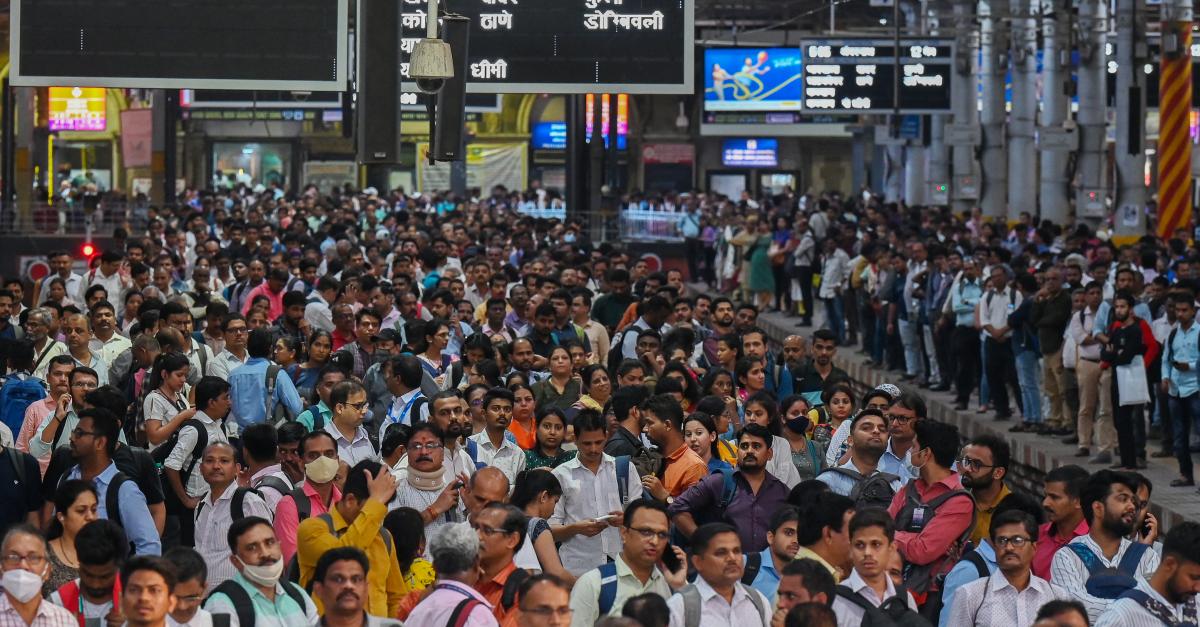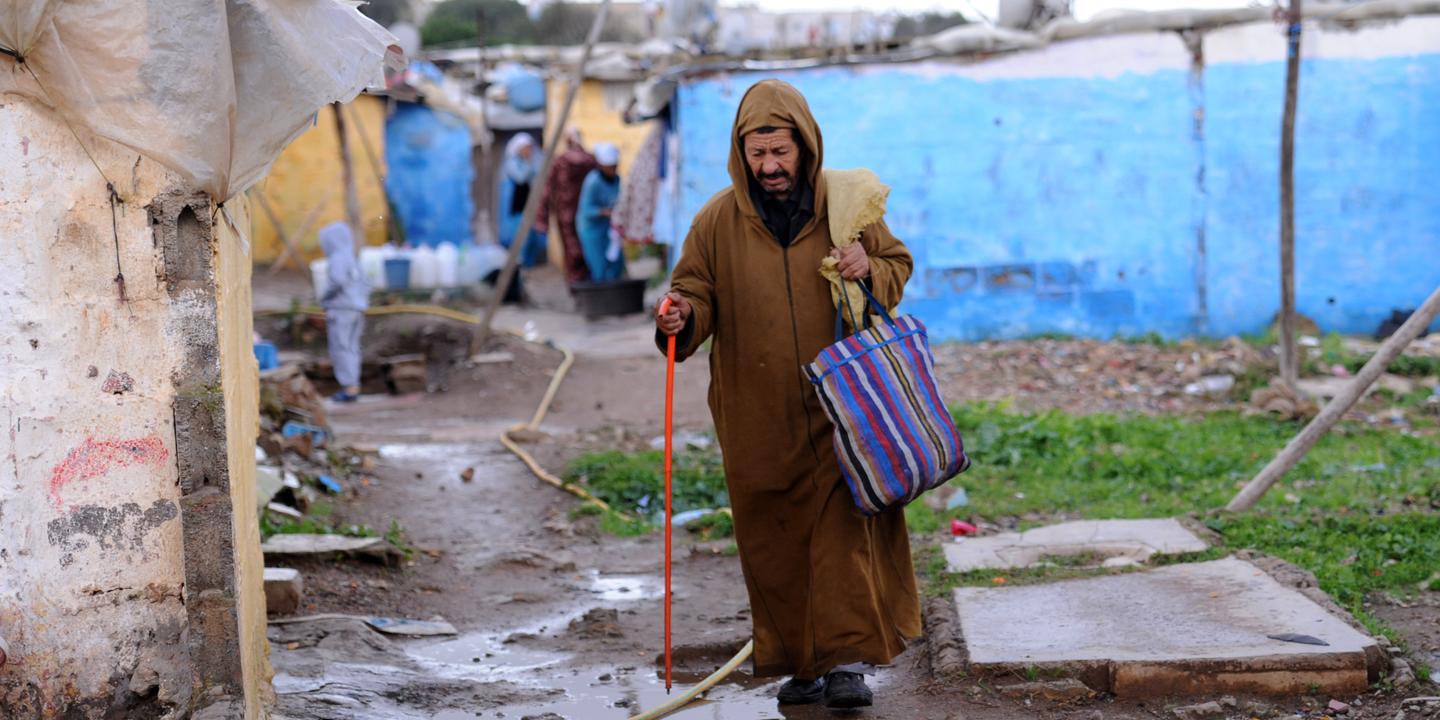The Most Hated Country In The World: A Deep Dive
Let’s face it, folks—some countries just seem to get a bad rap. The idea of "the most hated country in the world" is a topic that sparks heated debates, deep emotions, and even some serious head-scratching. But what makes one nation more disliked than others? Is it politics, history, or maybe just plain old stereotypes? Stick around, because we’re diving headfirst into this controversial topic.
This isn’t just about pointing fingers or throwing shade. We’re here to explore the reasons behind these perceptions, backed by facts, stats, and a little bit of common sense. Whether you’re a history buff, a political junkie, or just someone curious about global dynamics, this article’s got something for everyone.
So grab your favorite drink, get comfy, and let’s unravel the mystery of why some nations end up at the bottom of the global popularity contest. But before we dive in, remember—this is a conversation, not a lecture. Feel free to chime in with your thoughts in the comments section later!
- When Did Aberfan Happen Uncovering The Tragic Day That Shook The World
- Dettol Mould Cleaner Your Ultimate Weapon Against Mold And Mildew
Table of Contents
- The Most Hated Country in the World: A Deep Dive
- Understanding Global Perceptions
- Historical Context: The Root of It All
- Political Factors That Shape Opinions
- How Media Shapes Our Views
- Economic Impact on Global Sentiment
- Cultural Differences and Misunderstandings
- Breaking Down Stereotypes
- Stats That Paint the Picture
- Wrapping It Up
Understanding Global Perceptions
When we talk about "the most hated country in the world," we’re really talking about perceptions. And perceptions? Well, they’re like snowflakes—no two are exactly alike. But there are patterns, and those patterns often stem from a mix of history, politics, and media.
Global surveys, like the one conducted by the BBC World Service, give us a glimpse into how countries are viewed around the globe. In recent years, nations like North Korea, Iran, and even the United States have found themselves on the receiving end of some pretty harsh opinions. But why?
Let’s break it down. Perception isn’t just about what a country does—it’s also about how it’s perceived. And that perception can be influenced by everything from historical conflicts to current political tensions. So, while one nation might be hated for its policies, another might be disliked for its cultural practices. It’s a complex web, my friends.
- Angelina Jolie Bells Palsy The Story Behind Her Battle And Triumph
- Meacutelanie Joly And Justin Trudeau Relationship A Closer Look At Their Love Story
Why Perceptions Matter
Perceptions matter because they shape how countries interact with each other. Think about it: if a nation is seen as a threat, it might face economic sanctions, diplomatic isolation, or even military action. On the flip side, if a country is viewed positively, it might enjoy stronger alliances and more favorable trade deals.
- Perceptions influence international relations
- They impact trade and economic partnerships
- They can even affect tourism and cultural exchanges
Historical Context: The Root of It All
History has a way of haunting us, doesn’t it? Many of the reasons why certain countries are disliked today can be traced back to events that happened decades, or even centuries, ago. Wars, colonization, and imperialism have left deep scars on the global psyche, and those scars still influence how nations view each other.
Take Germany, for example. After World War II, the country was synonymous with destruction and tyranny. But over the years, Germany has worked hard to rebuild its image, becoming a leader in European politics and a champion of peace. It’s a testament to the power of change and reconciliation.
On the other hand, some nations have struggled to shake off their historical baggage. North Korea, for instance, is still seen by many as a pariah state, largely due to its aggressive military posture and human rights abuses. It’s a reputation that’s hard to break, no matter how much the regime tries to rebrand itself.
Learning from the Past
History teaches us that perceptions can change, but it takes time, effort, and a willingness to confront the past. Countries that acknowledge their mistakes and work to make amends often find themselves in better standing on the global stage.
For example, Japan’s post-war transformation from an aggressor to a pacifist nation is a powerful example of how a country can reinvent itself. It’s not an easy process, but it’s one that can pay dividends in the long run.
Political Factors That Shape Opinions
Politics, folks. Love it or hate it, it’s the driving force behind many of the world’s most controversial issues. From elections to treaties, the decisions made by governments have a profound impact on how countries are perceived.
Take the United States, for instance. Love it or hate it, the U.S. is a polarizing force on the global stage. Its foreign policies, military interventions, and economic influence have earned it both admiration and resentment. Some see it as a beacon of democracy, while others view it as a bully on the world stage.
Then there’s Russia. Under Vladimir Putin, the country has become increasingly assertive, flexing its military muscles and challenging the status quo. This has led to a sharp decline in its global approval ratings, with many seeing it as a threat to international stability.
Power Dynamics and Perception
Power dynamics play a huge role in shaping global opinions. Countries that wield significant influence often find themselves under scrutiny, whether they’re using that power for good or ill. It’s a double-edged sword, and one that can swing both ways.
For example, China’s rise as a global superpower has been met with both admiration and suspicion. While some see it as a model of economic success, others view it as a threat to democracy and human rights. It’s a complex picture, and one that’s likely to evolve in the years to come.
How Media Shapes Our Views
Let’s talk about the elephant in the room—the media. Love it or hate it, the media has an enormous influence on how we perceive the world. From news outlets to social media, the information we consume shapes our opinions, often without us even realizing it.
Take the example of North Korea. For many people, their only exposure to the country comes from sensationalized news reports and Hollywood movies. This creates a skewed perception, one that’s often more fiction than fact.
On the flip side, countries that control their own media narrative can shape how they’re perceived. Think about how China uses state-controlled media to promote its achievements and downplay its shortcomings. It’s a strategy that’s worked, at least to some extent.
The Power of Storytelling
Storytelling is a powerful tool, and the media knows it. By framing events in a certain way, they can influence how we feel about a particular country or issue. This is why it’s so important to consume news from a variety of sources, to get a well-rounded view of the world.
For example, the coverage of the Israeli-Palestinian conflict varies wildly depending on which outlet you’re watching. Some frame it as a struggle for self-determination, while others see it as a fight for survival. It’s all about perspective, and the media plays a key role in shaping that perspective.
Economic Impact on Global Sentiment
Money talks, and it often speaks louder than words. Economic factors play a significant role in how countries are perceived, both positively and negatively. Nations that dominate the global economy often find themselves at the center of attention, whether they like it or not.
The United States, for example, is the world’s largest economy, and that comes with a lot of baggage. Some see it as a source of opportunity, while others view it as a source of inequality. It’s a complicated relationship, one that’s shaped by both perception and reality.
Then there’s Saudi Arabia. While it’s one of the world’s largest oil producers, it’s also a country with a poor human rights record. This has led to a lot of tension, as nations grapple with how to balance economic interests with ethical concerns.
The Economics of Perception
Economic power can shape perception in both positive and negative ways. Countries that use their wealth to promote development and cooperation often enjoy higher approval ratings. On the other hand, those that exploit their resources for personal gain often find themselves on the receiving end of criticism.
For example, Norway’s commitment to sustainability and social welfare has earned it a reputation as one of the most admired countries in the world. It’s a model that other nations would do well to emulate.
Cultural Differences and Misunderstandings
Culture is another big factor in how countries are perceived. From language to customs, the differences between nations can lead to misunderstandings that shape global opinions. Sometimes these differences are celebrated, while other times they’re met with suspicion.
Take the example of France. For many people, France is synonymous with art, cuisine, and romance. But for others, it’s a country that’s overly critical of others. This duality is a reflection of how cultural differences can be both a strength and a weakness.
Then there’s Japan. While it’s admired for its technology and efficiency, some aspects of its culture, like the emphasis on hierarchy and conformity, can be difficult for outsiders to understand. It’s a reminder that cultural differences aren’t always black and white.
Bridging Cultural Gaps
Bridging cultural gaps is key to improving global perceptions. By promoting cross-cultural understanding, nations can break down barriers and build stronger relationships. This can be done through education, diplomacy, and even tourism.
For example, programs like Study Abroad and cultural exchange initiatives have helped countless people gain a deeper appreciation for other cultures. It’s a small step, but one that can have a big impact.
Breaking Down Stereotypes
Stereotypes are like weeds—they’re hard to get rid of once they take root. But they’re also dangerous, because they can lead to prejudice and discrimination. Breaking down stereotypes is essential if we want to improve global perceptions.
Take the example of Africa. For many people, the continent is associated with poverty and conflict. But this ignores the incredible diversity and richness of African cultures. By highlighting success stories and celebrating achievements, we can help change these outdated perceptions.
Then there’s the Middle East. Often portrayed as a region of conflict and extremism, the Middle East is home to some of the world’s oldest civilizations and most vibrant cultures. It’s a reminder that stereotypes rarely tell the whole story.
The Power of Positive Representation
Positive representation is key to breaking down stereotypes. By showcasing the achievements and contributions of different nations, we can help create a more balanced and nuanced view of the world.
For example, initiatives like the Global Goals campaign highlight the positive impact that countries are having on issues like poverty, education, and climate change. It’s a reminder that every nation has something to offer, and that we’re all in this together.
Stats That Paint the Picture
Let’s talk numbers, folks. Statistics can provide valuable insights into how countries are perceived around the world. Surveys like the BBC World Service Poll and the Pew Global Attitudes Survey give us a snapshot of global opinions, and the results can be eye-opening.
For example, in recent years, North Korea has consistently ranked as one of the most disliked countries in the world. This is largely due to its aggressive military posture and human rights abuses. On the other hand, Canada has consistently ranked as one of the most admired, thanks to its commitment to peace and multiculturalism.
But it’s not all black and white. Some countries, like China and Russia, have seen their approval ratings fluctuate over the years, depending on political developments and economic performance. It’s a reminder that perceptions can change, and often do.
What the Numbers Tell Us
Statistics can tell us a lot about global perceptions, but they’re not the whole story. They’re a starting point, a way to gauge where we stand and where we need to go. By analyzing the data, we can gain a better understanding of the factors that shape global opinions.
For example, the rise of populism in many countries has led to a shift in global sentiment, with some nations becoming more isolationist while others embrace globalization. It’s a complex picture, and one that’s likely to evolve in the years to come.
Wrapping It Up
So there you have it, folks—a deep dive into the world of global perceptions
- 5lbs Of Muscle Vs Fat The Ultimate Showdown You Didnrsquot Know You Needed
- Unveiling The Life And Legacy Of Londa Butler A Journey Through Triumph And Resilience

Le pays le plus triste au monde, et le pire pays pour les femmes Visa

La Chine, pays le plus peuplé au monde c'est bientôt fini

Le Maroc, pays le plus inégalitaire d’Afrique du Nord